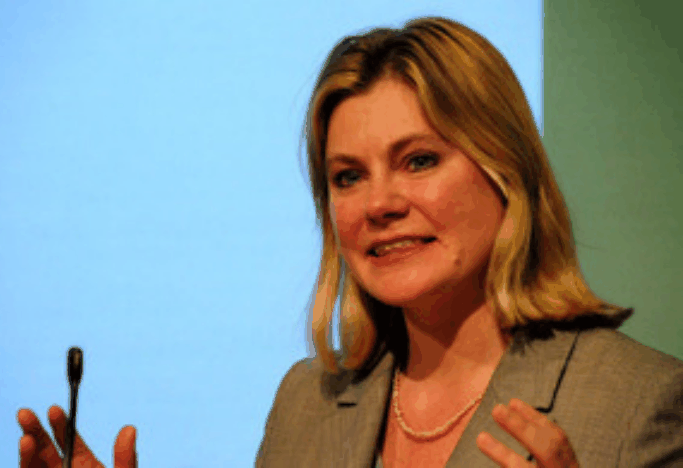Women in business in the Arab world will receive mentoring and expert advice from counterparts in the UK and other G8 countries as part of a new scheme set out by UK International Development Secretary Justine Greening (pictured).
Alongside the mentoring programme, a new ‘Arab Women in Business Challenge Fund’ will improve the competitiveness of women entrepreneurs in the Arab world, helping them to take advantage of new opportunities and markets. This will also provide their UK and G8 equivalents with potential new contacts, networks, suppliers and markets.
Practical initiatives under the new scheme include:
- support for Arab women in business to access new markets and improve supply chains;
- better access to decent jobs for women from the Arab world;
- help creating new links and partnerships between female entrepreneurs - particularly between G8 and Arab women in business - to share expertise, best practice and resource;
- co-funding from the private sector to scale up existing initiatives and identify new business opportunities that directly employ or benefit female talent.
Justine Greening also announced that the UK would create a task force of legal experts who would work to identify legal, regulatory and social barriers that limit opportunities for women in business in the Arab world. It would then develop recommendations for governments in the region on how to remove these barriers.
The new fund from the UK was launched at a 2 day G8 Deauville Partnership conference in London. Speaking there, Justine Greening said:
"No country can develop to its full potential if only half its population are involved in driving economic growth.
"While the Arab world has the lowest rates of female participation in the global labour force, we are seeing remarkable women across the Middle East and North Africa pioneering the development of new global markets, driving trade and playing important roles at all levels of the supply chain.
"They are driving the economic growth needed to develop markets, create jobs and ultimately reduce poverty. And this in turn means opportunities for UK businesses as new trading partners and markets are created."
(Source: UK FCO)





